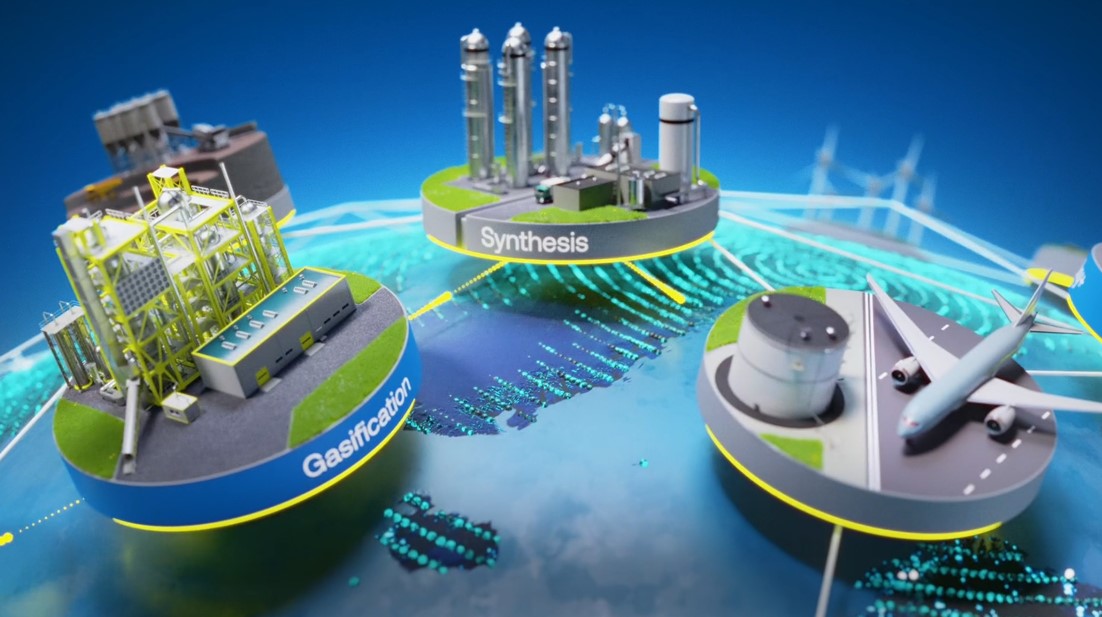Innovative Renewable Methanol Project in Portugal to Revolutionize Carbon Management
Key Ideas
- Sumitomo SHI FW partners with Capwatt for a groundbreaking renewable methanol project in Portugal, aiming to produce 80,000 tons annually.
- The project utilizes biomass residues and renewable electricity, marking a significant step towards sustainable transportation fuels.
- Renewable methanol's versatile applications, from sustainable shipping fuel to plastics production, highlight its pivotal role in future carbon management solutions.
Sumitomo SHI FW (SFW) from Finland has joined forces with Portugal's Capwatt to provide Front-End Engineering Design (FEED) services for the Mangualde Renewable Methanol project. The initiative focuses on constructing a biorefinery in Portugal capable of annually producing 80,000 tons of renewable methanol. This production will rely on locally sourced biomass residues and renewable electricity from a nearby photovoltaic solar park. The heart of the plant will feature an advanced SFW gasification unit to convert carbon in biogenic residues into syngas, which will be combined with green hydrogen for methanol synthesis. As global net zero targets drive the demand for renewable methanol, the project aims to meet the estimated 400 million tons per year requirement by 2050. The FEED, including various components like the gasifier and syngas cooler, is set to be completed in 2024, with production starting by the end of 2026, signaling a significant advancement in sustainable transportation fuels.
